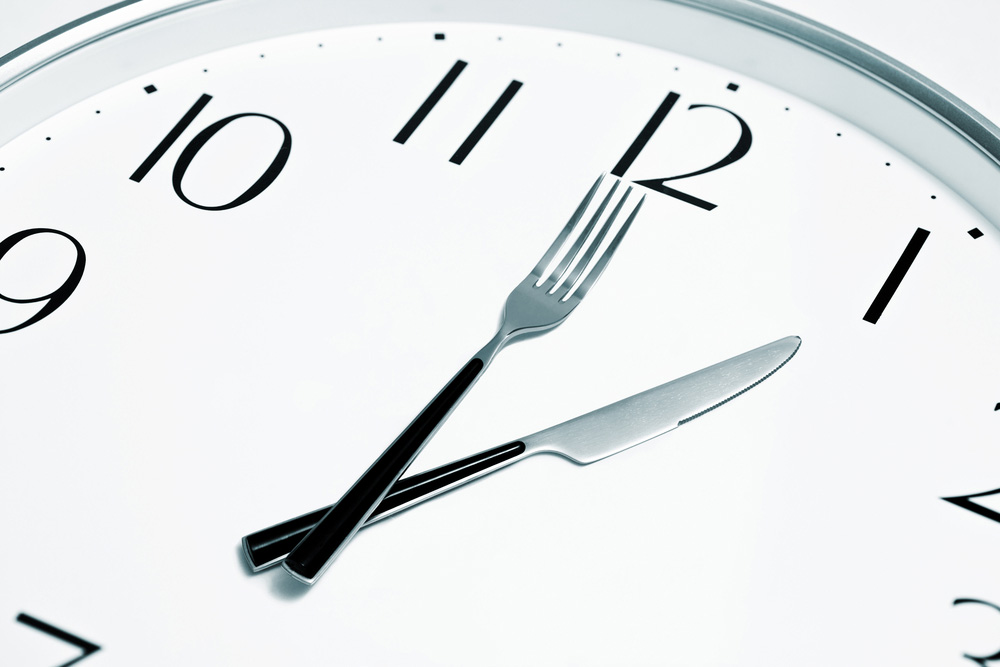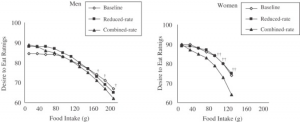While sitting at my desk I watched my roommate struggle to take vitamins out of a bottle. I asked him why he was taking them. He said it was because he needed to fill the dietary gaps in his diet. This made me wonder whether or not we reaped the benefits of dietary supplements. When looking into this I found a study done by Harvard that discussed the reality of whether vitamin supplements were good or bad for you.

In these studies, the Null Hypothesis would be that dietary supplements do nothing, whereas the Alternative Hypothesis would be that Vitamins have a positive impact on personal health. Although certain health and wellness magazines swear by vitamins and endorse them as being a daily essential, the article explains that the studies used to justify their claims are faulty. These studies are not experimental, rather observational. This means that they did not test the vitamin against a placebo control group, so there is no real evidence that the supplement does any good at all. Certain vitamins that were observed and were thought to have been beneficial to those with heart conditions actually went on to cause bleeding strokes. In fact, most vitamin supplements are not approved by the Food and Drug Administration (FDA).
I also found an article on WebMD that discussed the findings in three separate studies that were conducted to assess the validity of vitamin supplements. After comparing the results from the placebo administered and the vitamin, they found that there was little to no health benefit from consuming the dietary supplement. From this we can assume that we are agreeing with the Null Hypothesis that the dietary supplements do not have an effect on personal health. Does this mean that Vitamins are bad for us? No absolutely not. However, this does tell us that we shouldn’t merely replace a major portion of our diet with a vitamin.
Sources:
https://www.scientificamerican.com/article/fact-or-fiction-vitamin-supplements-improve-health/
http://www.health.harvard.edu/staying-healthy/dietary-supplements-do-they-help-or-hurt
Picture Source:
http://www.scphysiciangroup.com/vitamins-choosing-between-supplements-and-a-healthy-diet/








 In the case of Autumn, we have no longer declared the start of fall by the first leaf to drop, no, but rather the first Pumpkin Spice Latte sold. The day café’s and coffee shops begin to sell these sought after seasonal drinks, is the day society declares the start of Fall. In 2003
In the case of Autumn, we have no longer declared the start of fall by the first leaf to drop, no, but rather the first Pumpkin Spice Latte sold. The day café’s and coffee shops begin to sell these sought after seasonal drinks, is the day society declares the start of Fall. In 2003 

